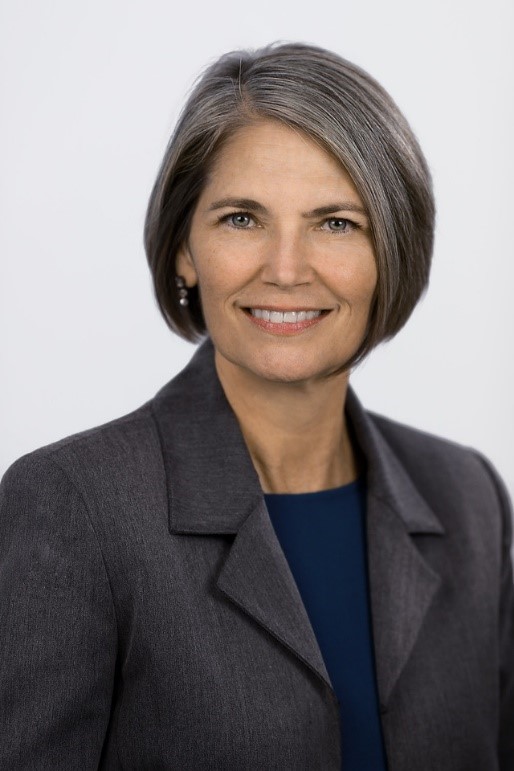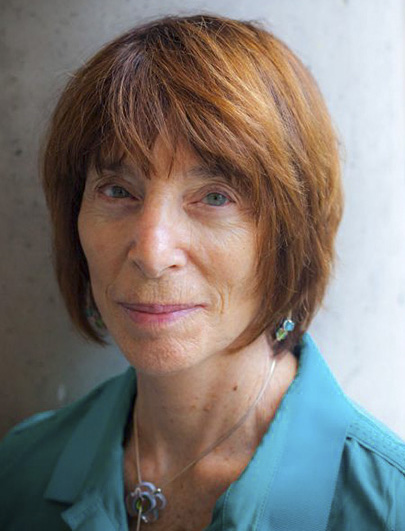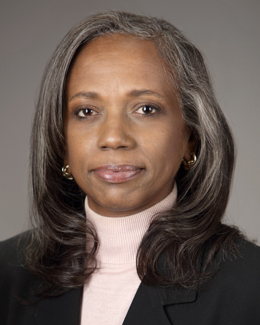|
Agency Approaches to Team Science
This panel will provide a number of different perspectives on team science from NSF and NIH representatives.

Dr. Claire Hemingway
National Science Foundation
|
Claire Hemingway is a program officer in Office of International Science and Engineering at the National Science Foundation (NSF), where she manages international programs, serves on the NSF working group for Navigating the New Arctic, and facilitates science cooperation with Canada. She is currently leading the new NSF-wide program to foster the creation of international networks of networks, AccelNet. She has previously managed the flagship interdisciplinary training program, NSF Research Traineeship Program, in the Education and Human Resources Directorate. Before joining NSF, she led a collaborative initiative across more than 18 international scientific organizations to enhance engagement in the scientific enterprise and scientific literacy by harnessing digital learning technologies and providing innovative online mentoring for student research teams. |

Dr. Sara Kiesler
National Science Foundation
|
Sara Kiesler is a rotator program manager in the Social, Behavioral, and Economics Directorate, managing interdisciplinary programs including Secure and Trustworthy Cyberspace and S&CC. She is University Professor and Hillman Chair Professor Emerita of Computer Science and Human-Computer Interaction at Carnegie Mellon University. Her Ph.D. was awarded in social psychology. Her research spans behavioral and social dimensions of technology, including the emergence of new forms of distributed work, science, and commerce, changes in how people communicate and group interactions in social media, human-robot interaction, and emerging threats to privacy, security, and information authenticity. She has been elected to the American Academy of Arts and Science and the National Academy of Engineering, and received the ACM CHI Lifetime Achievement Award, the Human-Robot Interaction Lifetime Service Award, the InGROUP McGrath Lifetime Award, the ICA Williams Prize, and the Allen Newell Award for Research Excellence. |

Dr. Peter Jackson
National Institutes of Health
|
Dr. Peter R. Jackson joined the NIAID Scientific Review Program (SRP) in 1990. During his tenure SRP grew from 10 to about 65 staff while NIAID’s Extramural budget increased from approximately $500 million to $5 billion. Today the SRP manages the scientific and technical peer review of grant applications and contract proposals that request total direct costs ranging from $4 to $11 billion. As NIAID budgets grew and the Institute’s research breadth has expanded, he had unique opportunities to influence the direction of research initiatives and peer review policies. As Chief of the AIDS Research Review Branch (ARRB), Dr. Jackson employs creative practices to facilitate the pursuit of NIAIDs national and International missions. He has represented the Director, SRP at NIH Review Policy Committee meetings where NIH peer review regulations, policies and processes are developed / discussed. |

Dr. Anna L. Ramsey-Ewing
National Institutes of Health
|
On Sept. 20, 2015, Anna L. Ramsey-Ewing, Ph.D., joined NCATS as director of the Office of Grants Management and Scientific Review (OGMSR). She previously was the Office of Extramural Research Policy and Operations director at NIH’s National Institute of Allergy and Infectious Diseases (NIAID). Ramsey-Ewing began her NIH career in 1991 as a research fellow at NIAID, and she later became a Fellows Award for Research Excellence recipient and senior staff fellow in NIAID’s Laboratory of Viral Diseases. She subsequently served as NIAID’s associate director for extramural science policy within the Division of Extramural Activities (DEA). In that role, Ramsey-Ewing was responsible for policy development and integration as well as dissemination and staff training in all facets of extramural policies and procedures. Her other DEA roles included serving as a special assistant to the DEA director and as a scientific review officer (SRO); as part of the latter role, she was instrumental in setting up a formal SRO training program. |

Patricia Jones
Moderator: National Institutes of Health
|
Patricia Jones joined NCATS as a program director in April 2016. She began her federal career with the Centers for Disease Control and Prevention in 2004 and has been with NIH since 2012. Jones has experience overseeing, conducting and evaluating prevention science programs, implementation science, and international and domestic clinical trials sites. She also has a strong background in clinical networks. Jones has served as an associate editor for a clinical trials peer review journal and has taught psychology and research methods as a lecturer at Oglethorpe University. She is a behavioral scientist and holds a doctorate in public health in health promotion and health education with a concentration in psychology, health services research and epidemiology from Loma Linda University. Jones also holds an M.P.H. in behavioral sciences and health education from the University of California, Los Angeles, and a bachelor’s degree in women’s studies from the University of California, Berkeley. She is currently pursuing an M.S. in biotechnology with an emphasis in regulatory affairs as well as an M.B.A. |
SciTS Presentation: Endemic/Epidemic Diseases in the MENA NIAID Model for Research Support, Team science at the scale of research networks and networks of networks , NSF and Team Science
|






